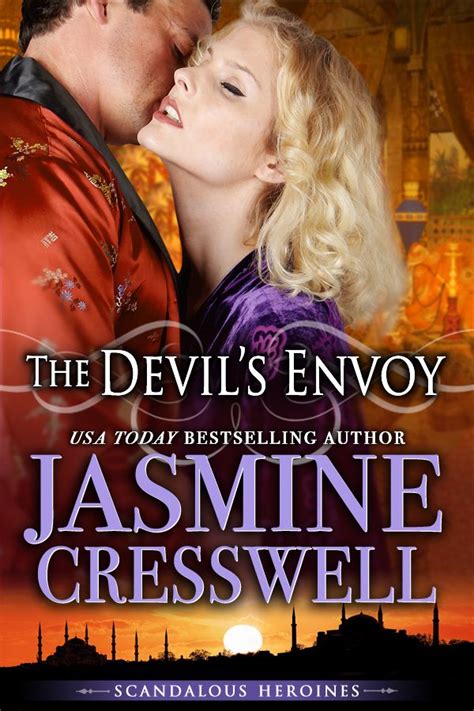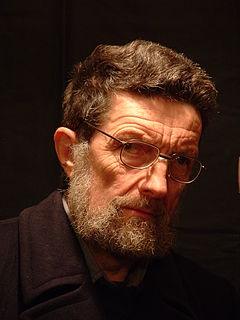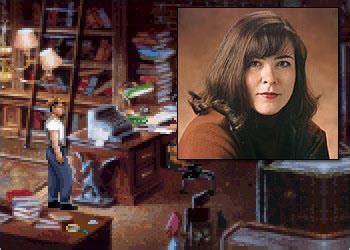A Quote by Jasmine Cresswell
Of course I planned to write the Great American Novel; that lasted about a week, at which point I decided I had nothing to say that could possibly qualify. So I wrote a romance instead.
Related Quotes
At one point I would read nothing that was not by the great American Jews - Saul Bellow, Philip Roth - which had a disastrous effect of making me think I needed to write the next great Jewish American novel. As a ginger-haired child in the West of Ireland, that didn't work out very well, as you can imagine.
I remember nothing about it except a philological fact. My mother said nothing about the dragon, but pointed out that one could not say 'a green great dragon', but had to say 'a great green dragon'. I wondered why, and still do. The fact that I remember this is possibly significant, as I do not think I ever tried to write a story again for many years, and was taken up with language.
When I was a kid, I'd go to the African-American section in the bookstore, and I'd try and find African-American people I hadn't read before. So in that sense the category was useful to me. But it's not useful to me as I write. I don't sit down to write an African-American zombie story or an African-American story about elevators. I'm writing a story about elevators which happens to talk about race in different ways. Or I'm writing a zombie novel which doesn't have that much to do with being black in America. That novel is really about survival.
When I wrote my first book, 'The Tennis Party', my overriding concern was that I didn't write the autobiographical first novel. I was so, so determined not to write about a 24-year-old journalist. It was going to have male characters, and middle-aged people, so I could say, 'Look, I'm not just writing about my life, I'm a real author.'
This is a perfect example of the power and ridiculousness of a website like Wikipedia. I did give a slightly contentious graduation speech, where I decided not to be funny as my classmates had hoped, which was why I was chosen. I was not valedictorian, that's for sure. Instead, I talked about the failure to communicate between the administration and the teachers and students. That's what was contentious about it. At some point, somebody wrote about that incident on my Wikipedia page. And then somebody added the bit about me exposing my genitals to the crowd.
I would say I'm a storyteller first, but game making is very wrapped up in how I think of story. If I were to have a story idea, and I decided to write a novel with it instead, I'd have to very consciously de-couple it from gamedom - for example, deliberately add in things that could not be represented in a game scene.
When I was in advertising, I did a great deal of work on television commercials. A co-worker and I wrote a screenplay, which led to a few more screenplays, and some were optioned by production companies. I was advised to move to California but didn't want to make the move. I decided to use another form of storytelling, so I wrote a novel.


































